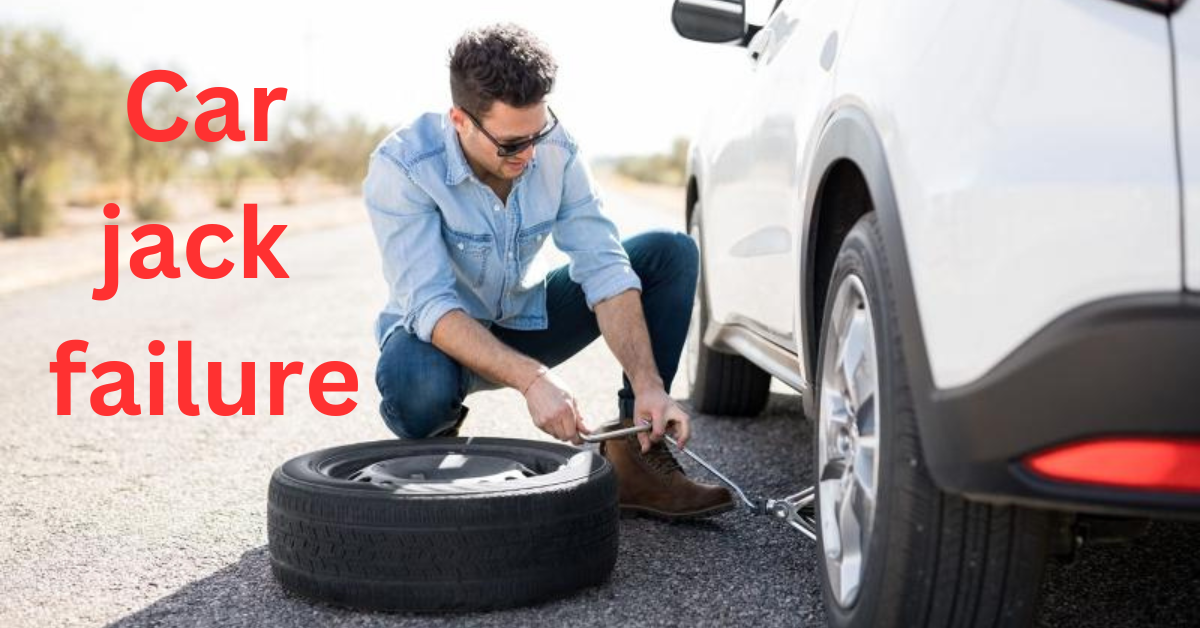When it comes to lifting vehicles for maintenance, repairs, or tire changes, having a reliable car jack is essential. Two common types of car jacks are mechanical jacks and hydraulic jacks. In this article, we will explore the features, benefits, and considerations of both mechanical and hydraulic car jacks to help you make an informed choice for your automotive needs.
Mechanical Car Jacks
Mechanical car jacks are simple and portable devices that utilize mechanical force to lift vehicles. They typically consist of a base plate, a lifting mechanism, and a handle. To lift the vehicle, you rotate the handle, which activates the lifting mechanism, pushing against the vehicle’s frame or lifting points.
One of the primary advantages of mechanical car jacks is their affordability and ease of use. They are lightweight, compact, and do not require any external power source or fluid. They are suitable for occasional use and emergency situations. However, they do have limitations in terms of lifting capacity and height reach.
Hydraulic Car Jacks
Hydraulic car jacks, also known as bottle jacks or floor jacks, employ hydraulic pressure to lift vehicles. These jacks consist of a hydraulic cylinder, a pump handle, and a base plate. The hydraulic cylinder is filled with oil, and when the pump handle is operated, it exerts pressure on the oil, lifting the vehicle.
One of the main advantages of hydraulic car jacks is their superior lifting capacity and height reach compared to mechanical jacks. They are capable of lifting heavier vehicles and provide a stable and secure lifting experience. Hydraulic jacks are commonly used in professional automotive shops and garages.
Another advantage of hydraulic jacks is their precision and control. They often feature a release valve that allows for gradual lowering of the vehicle. This enables safer and more controlled descent, reducing the risk of accidents or damage.
Considerations for Choosing a Car Jack
When selecting a car jack, there are a few factors to consider:
- Lifting Capacity: Determine the weight of your vehicle and ensure that the jack’s lifting capacity exceeds that weight to ensure safe and effective lifting.
- Height Reach: Consider the maximum height that the jack can lift the vehicle. It should provide sufficient clearance to perform the desired maintenance or repairs.
- Stability and Durability: Look for a car jack with a sturdy construction and a wide base for stability during lifting. Quality materials and build will ensure durability and long-term use.
- Portability and Storage: If you require a jack for on-the-go use or limited storage space, opt for a compact and lightweight model that is easy to transport and store.
- Safety Features: Check for safety features such as overload protection, locking mechanisms, and reinforced lifting points to enhance safety during lifting operations.
Car jack Prices
Mechanical car jack prices starts from Rs 900 and goes to Rs 2000, sometimes the price depends on weight it can hold. The above prices are for hatchback cars and Compact SUV cars. For SUV and commercial vehicles the hydraulic jack are better.
ks | Buy Mechanical jacks Online
Hydraulic Jack Prices
Hydraulic jack prices are little higher due there complex design and easy operations, The 5 ton hydraulic jack price starts from Rs 2000 and goes up to Rs 10000 based on weight and brand.
Price list of jack | Buy Hydraulic jack online
Conclusion
Both mechanical and hydraulic car jacks serve the purpose of lifting vehicles for maintenance and repairs. Mechanical jacks offer simplicity and affordability, while hydraulic jacks provide greater lifting capacity and control. Assess your specific needs, considering factors such as lifting capacity, height reach, stability, and portability, to choose the most suitable car jack for your requirements. Remember to prioritize safety by using the jack on level ground, following proper lifting procedures, and utilizing jack stands for additional support.
FAQs
- Can I use a hydraulic jack on uneven surfaces?
- It is best to use hydraulic jacks on level and stable surfaces to ensure safe lifting. Uneven surfaces


Very informative